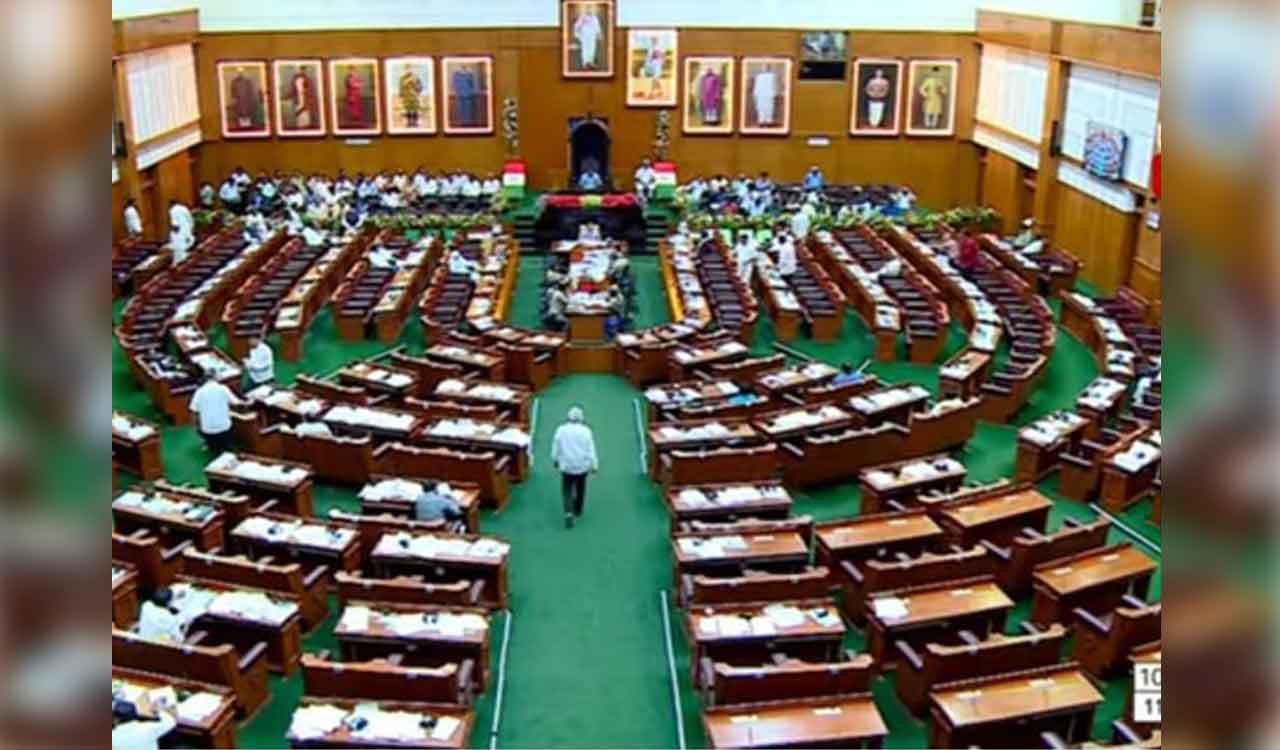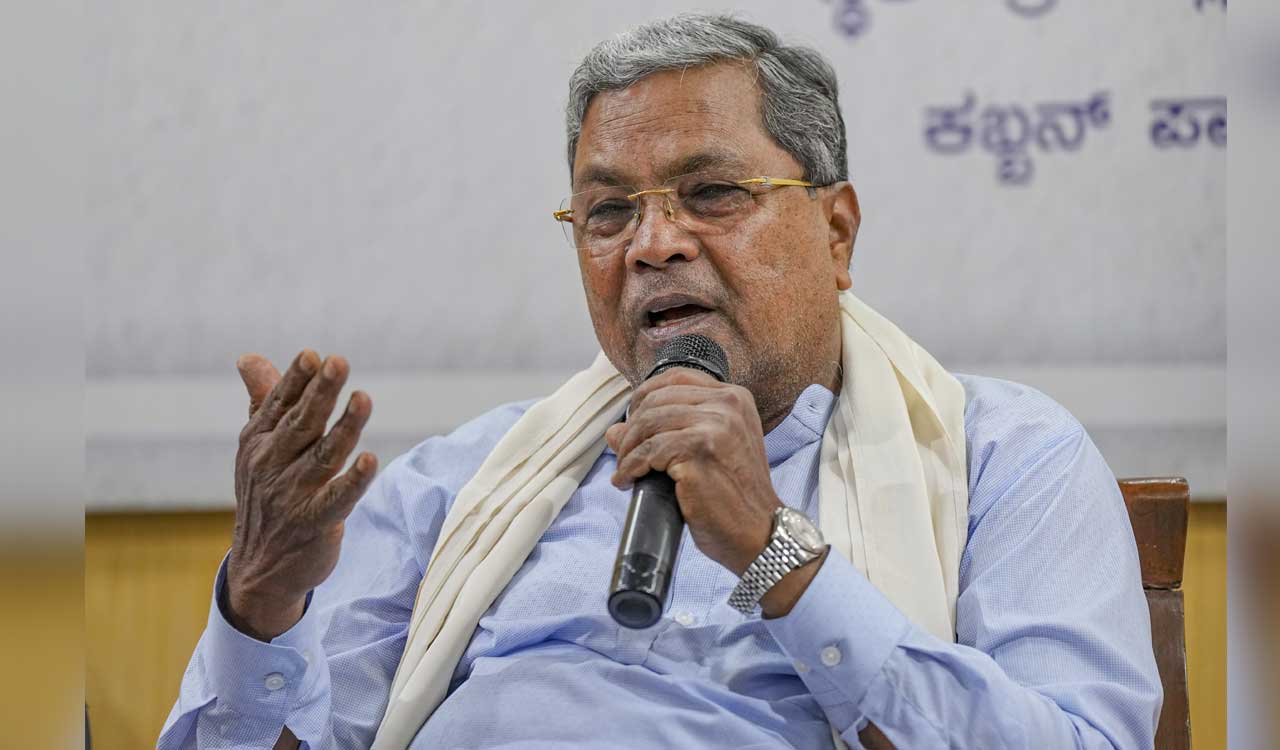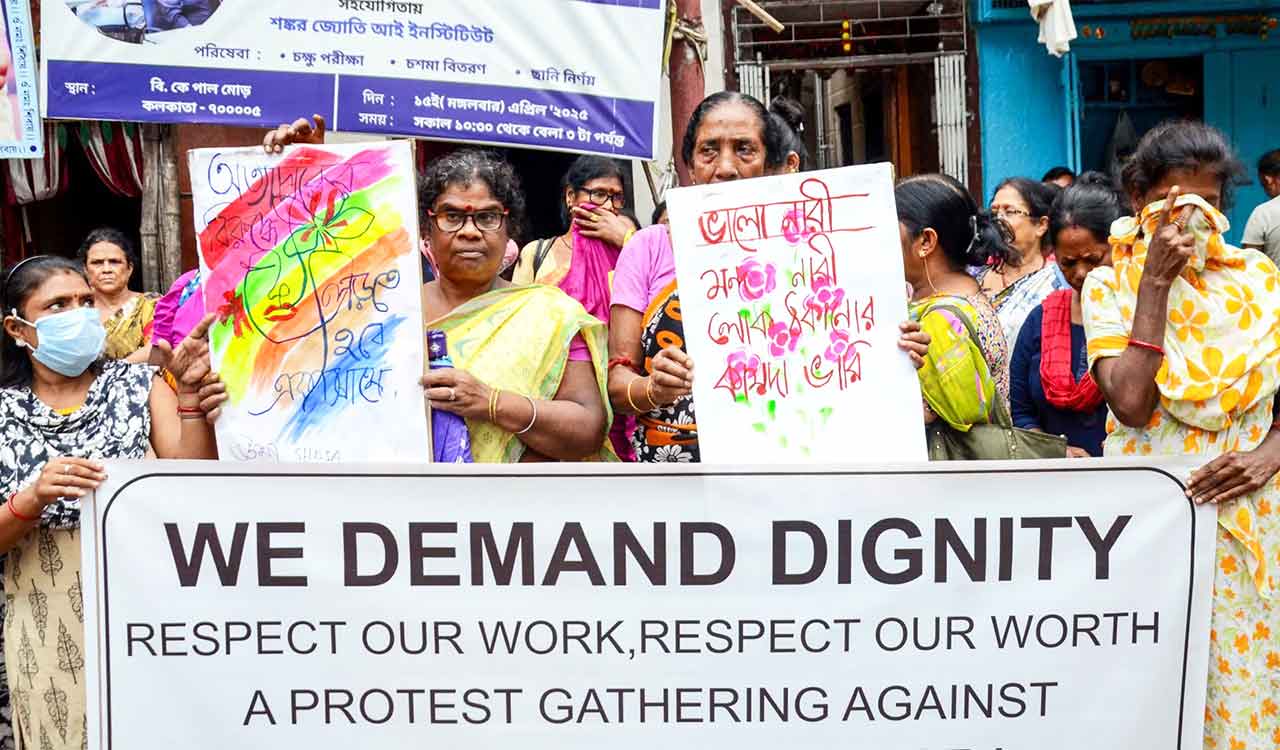Opinion: Key messages of World Day of Social Justice
A comprehensive framework that promotes inclusivity at all levels is a must for ensuring social justice

By Dr Shailesh
February 20 is celebrated as the ‘World Day of Social Justice’. It was first observed in 2009 by the announcement of the UN General Assembly, 2007. The Copenhagen Declaration and Programme of Action (also called World Summit for Social Development, 1995) played a significant role in framing the World Day of Social Justice. The principal aim of the day is to keep the people at the core of social development.
Also Read
Social development itself ensures social justice, solidarity, harmony and equality within and among countries. Social justice, equality and equity are the foundational values of every society. To achieve social justice, the government must establish a comprehensive framework that promotes inclusivity at all levels. Equitable job opportunities, income distribution and resource access through equity and equality were also promised to meet the objectives of Social Development Goals (SDGs) of the United Nations.
The theme of the World Day of Social Justice, 2025 is ‘Empowering Inclusion: Bridging Gaps for Social Justice,’ which highlights inclusive policies, lifelong learning and social safety nets as crucial tools to fight systemic inequality. The theme seems more significant for developing nations such as India and underdeveloped nations, including Afghanistan, Bangladesh and Cambodia.
Problems in India
India, besides being the most populous country in the world, is also known for its diversity. Caste, class, culture, gender, region, religion, colour and skin texture are the chief determinants of variation, including dress code and food flavours. Occasionally, these determinants look like barriers for the country whose one aim is justice as per the official gazette of the nation.
The rural-urban diversity is very much common in India. There is a vast difference between them considering the geographical location and services in them. Being part of a neo-liberal world, the hard truth about the country is that a majority of the people still rely on agriculture for their livelihood. The high input cost of agriculture, climate change, low productivity and uncertainty in the prices of crops pose agrarian distress resulting in farmer suicides.
The theme of the World Day of Social Justice, 2025, marked on Feb 20, is ‘Empowering Inclusion: Bridging Gaps for Social Justice,’ which highlights inclusive policies, lifelong learning and social safety nets as crucial tools to fight systemic inequality
Approximately 87.5% of total suicides happen in Maharashtra, Karnataka, Telangana, Madhya Pradesh, Chhattisgarh, Andhra Pradesh and Tamil Nadu. The possibility of agrarian distress spreading quickly to other areas cannot be ruled out. Hence, considering the proportion of people engaged in agriculture, immediate intervention is mandatory.
On the other hand, urban localities are crowded, which means the concentration of a large population in a small area. Overcrowded slums, pollution and health issues are prominent in urban areas. The Planning Commission reported that 22% of Indians were below the poverty line in 2012. Covid had a huge impact on poverty due to the loss of employment opportunities in both rural and urban areas.
Economic and social factors both contribute to unemployment. Unemployment indirectly provokes domestic violence that affects women. Today, wife battering, dowry deaths and sexual assaults are common in domestic violence. A significant portion of married Indian women, about 30%, are subjected to domestic violence. The National Crime Records Bureau (NCRB) reported 4,45,256 cases under crimes against women in 2022 as against 4,28,278, in 2021. In this context, institutional involvement is crucial for mental well-being and opposing the oppression of half the population of the country.
India has experienced ongoing tensions between Hindus, Muslims and Sikhs, but the legacy of the India-Pakistan partition has affected it negatively. India’s Constitution provides justice, tolerance, equality and freedom to protect Muslims, Sikhs and other religious minorities. Even with these provisions, India has experienced communal violence. Now India is seeing a fresh face of communal tension as mob lynching by some fringe groups. The governing institution attempts to overemphasise the importance of religious identity and this stimulates communal tension between different religious groups. As a result, constitutional institutions are reluctant to take action against culprits.
Obstacles to Social Justice
India faces structural, institutional, social and economic challenges in achieving social justice. The structural challenge is a traditional issue that has existed for decades. And deeply rooted caste hierarchies that perpetuate inequality and discrimination govern it. The patriarchal nature of Indian society poses systemic oppression, violence and limited access to resources for women. Economic inequality widens the wealth gaps and poverty exacerbates social injustices.
The institutional challenges involve bureaucracy and governing institutions at both local and national levels. Because of the inefficient judiciary, there are backlogged courts and lengthy trials. Both delay justice for marginalised communities.
Further, corruption and nepotism in governance undermine effective governance and social welfare programmes. These are responsible for poverty and vulnerability in some sections of society. India also has a poor healthcare system. Again, the insufficient healthcare infrastructure and services, including corruption and nepotism in governance, disproportionately affect vulnerable populations.
Social challenges underline communalism and xenophobia that involve intolerance and violence against minorities and marginalised groups — lack of education limits awareness of social justice issues. Economic challenges associated with unemployment and underemployment exacerbate poverty and inequality.
There is little social security in the neo-liberal world. Insufficient social security measures, including pensions and healthcare, for vulnerable populations make life harder. Lastly, India has the issues of environmental degradation which disproportionately affect marginalised communities.
India must adopt a holistic strategy, combining government action, community participation and individual commitment, to overcome these challenges and promote social justice and human rights to its citizens.

(The author is Assistant Professor, Amity University Haryana)
Related News
-
Deadly avalanche kills eight skiers in California
2 hours ago -
Ayodhya priest questions Telangana govt’s Ramzan relief move
3 hours ago -
Titans emerge champions in sixth Samuel Vasanth Kumar memorial basketball tournament
3 hours ago -
Hyd Open golf championship to kick off from February 19
3 hours ago -
Jammu and Kashmir enter Ranji Trophy final with win over Bengal
3 hours ago -
Telangana High Court seeks ground report on forest plantation at Damagundam
3 hours ago -
Sahibzada Farhan century powers Pakistan to big win over Namibia
3 hours ago -
Chief Minister’s Cup 2025 sees record participation across Telangana
3 hours ago




